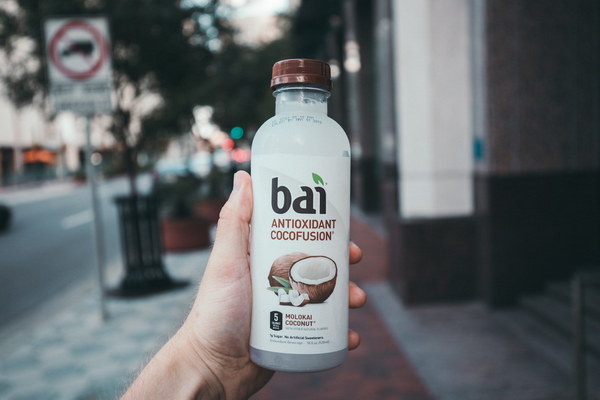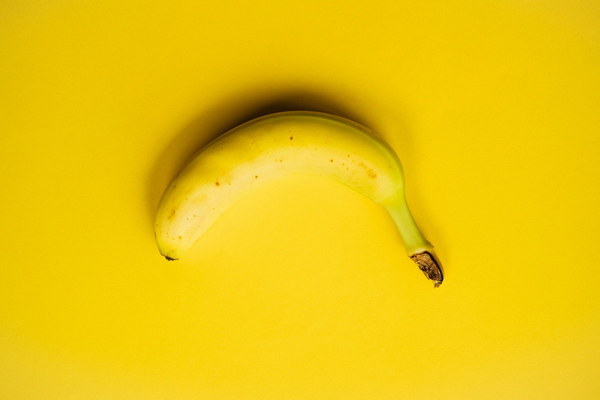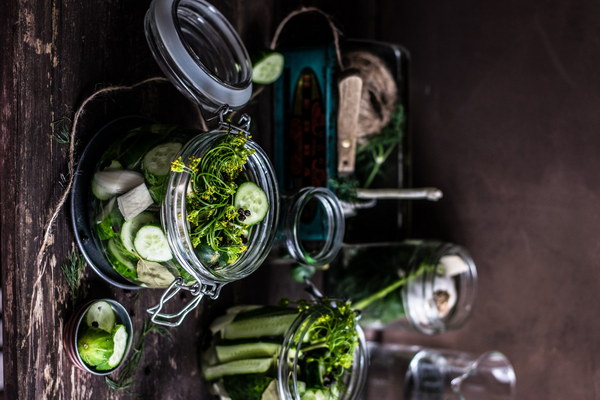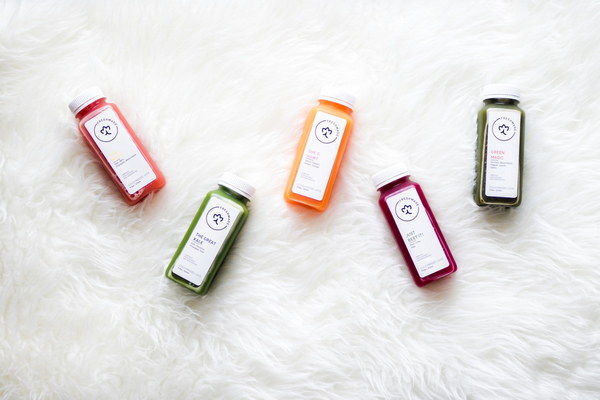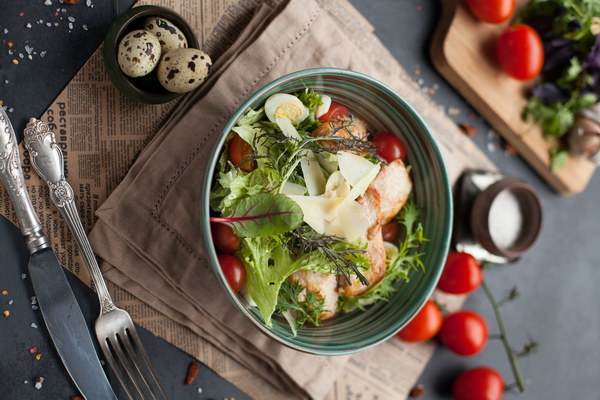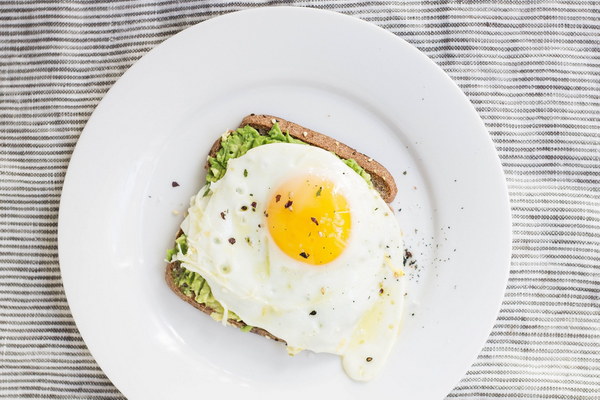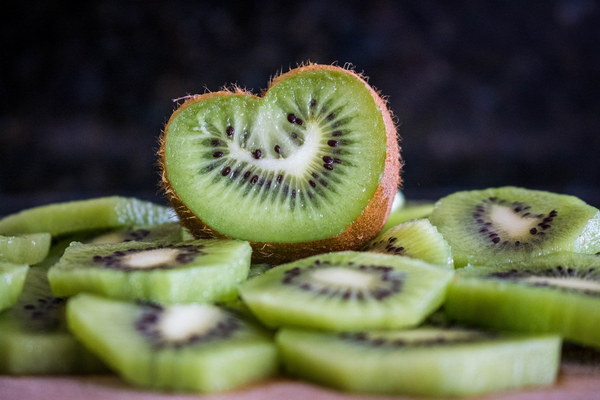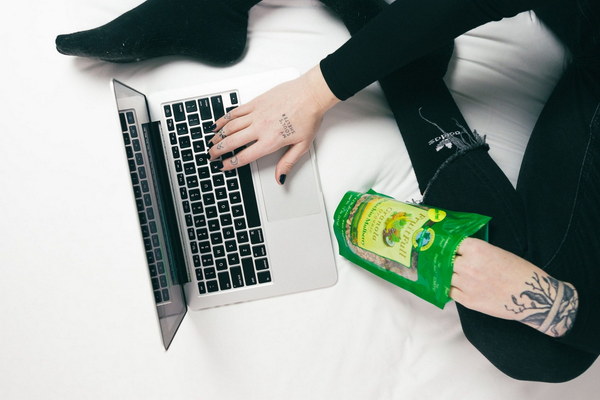Navigating the Liver Injection Diet Essential Foods to Avoid After Hepatic Injections
Introduction:
Liver injections, also known as hepatitis B or hepatitis A vaccinations, play a vital role in protecting individuals from various liver infections. While these injections are generally safe and effective, it is crucial to follow certain dietary guidelines to enhance their efficacy and minimize potential side effects. This article delves into the essential foods to avoid after receiving liver injections, emphasizing the importance of a well-balanced and liver-friendly diet.
1. Alcohol and Alcoholic Beverages:
One of the most crucial aspects of the liver injection diet is to avoid alcohol and alcoholic beverages. The liver is responsible for metabolizing alcohol, and consuming alcohol can overwhelm the liver's capacity, potentially reducing the effectiveness of the injection. Furthermore, alcohol can exacerbate side effects such as nausea, vomiting, and abdominal pain, making the recovery process more uncomfortable.
2. Highly Processed Foods:
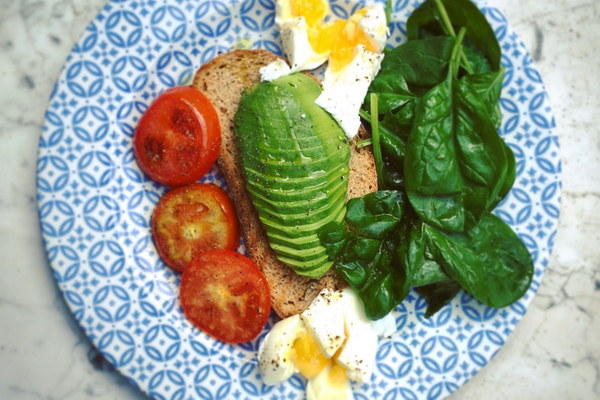
Processed foods, such as fast food, fried items, and packaged snacks, are high in unhealthy fats, sodium, and artificial additives. These foods can strain the liver and impede its ability to process toxins effectively. Therefore, it is advisable to limit the consumption of processed foods and opt for whole, unprocessed alternatives.
3. High-Fat Foods:
High-fat foods, including fried foods, red meat, and full-fat dairy products, can put additional stress on the liver. The liver plays a vital role in metabolizing fats, and consuming excessive amounts of high-fat foods can overload the liver and hinder its recovery. Instead, choose lean proteins, whole grains, and healthy fats like avocados and nuts.
4. Refined Carbohydrates:
Refined carbohydrates, such as white bread, pasta, and sugary snacks, can contribute to weight gain and increase blood sugar levels. Excess sugar can exacerbate inflammation and hinder the liver's ability to regenerate. Opt for whole grains, legumes, and low-glycemic fruits to maintain stable blood sugar levels.
5. Caffeinated and Carbonated Beverages:
Caffeinated and carbonated beverages can irritate the digestive system and exacerbate symptoms such as nausea and diarrhea, which are common after liver injections. It is best to limit the intake of these beverages and opt for water, herbal teas, or natural fruit juices.
6. Excessive Salt:
High salt intake can lead to water retention and increase blood pressure, putting additional stress on the liver. Additionally, excess salt can exacerbate bloating and swelling, which are common side effects of liver injections. Aim for a low-sodium diet by avoiding processed and packaged foods and using herbs and spices to flavor your meals.
Conclusion:
Following the liver injection diet is essential to maximize the effectiveness of the vaccination and minimize potential side effects. By avoiding alcohol, processed foods, high-fat foods, refined carbohydrates, caffeinated and carbonated beverages, and excessive salt, individuals can support their liver's health and promote a smooth recovery. Remember to consult with healthcare professionals for personalized dietary recommendations and to tailor the diet to your specific needs.
